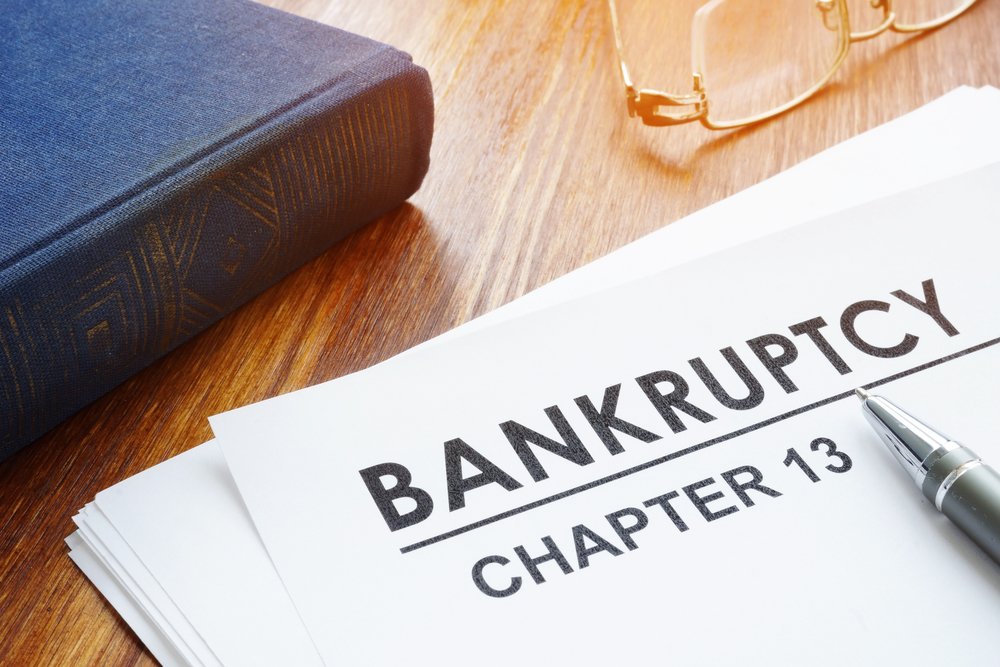Chapter 13 bankruptcy is a way to reorganize your finances and ultimately start over with a clean slate. When creditors are calling and you never have enough money to catch up, Chapter 13 helps you stop the calls and make a new plan to move forward. It’s designed to help you meet your monthly expenses, while forcing your creditors to take what the law says you can afford to pay. It can ease the stress of heavy debt. Here’s a look at how Chapter 13 bankruptcy works and whether it’s right for you.
What is A Reorganization Plan?
In Chapter 13, also called reorganization bankruptcy, you will work with your bankruptcy attorney to create a detailed plan to pay your creditors what the law requires. Your debts will be prioritized by type and your attorney will help you navigate the process of creating a plan that can help you keep assets like houses or cars. Some of your debts may be forgiven altogether or receive a fraction of what is owed.
How Do I Know if Chapter 13 is Right for Me?
Consider these factors when deciding whether Chapter 13 is right for you. Chapter 13 applies to individuals. Business entities are not eligible for a Chapter 13, but an individual that owns or runs a business can usually file a Chapter 13. Chapter 13 bankruptcy requires that you have a regular source of income. About 32% of all bankruptcy filers go the Chapter 13 route.
Maybe you are behind on mortgage payments. Maybe your credit card bills are just too high. Maybe you’re like 46% of bankruptcy filers who have medical bills they can’t pay. These are all good reasons to choose Chapter 13 bankruptcy. Another consideration is the time period. While Chapter 7 happens over several months, Chapter 13 typically takes three to five years.
Can All Debts Be Eliminated by Chapter 13?
Although Chapter 13 can wipe out or reduce most types of debt, some things can’t be resolved by Chapter 13 bankruptcy. Some debts are considered non-dischargeable. This includes alimony, child support, student loans, criminal restitution and some back taxes. Most money owed to the government will still be owed after Chapter 13, although you should work with a bankruptcy attorney to understand your options. Your attorney will help clarify which bills you should and should not continue to pay during your bankruptcy.
Will I Be Able to Keep My House, Car, or Other Assets?
Not only can you keep those items in most cases, the Chapter 13 allows an opportunity to catch up on payments that you are behind on houses or cars. This comes as a huge relief during a difficult time. When you contact an attorney, explain which assets you treasure most and discuss your options for keeping them. Your attorney will help you use the power of the law to retain as many assets as possible.
Sawin & Shea – Indianapolis Bankruptcy Attorneys
Filing for bankruptcy is not the end. It’s the beginning of a new financial life for you. The Indiana bankruptcy attorneys at Sawin & Shea can help you get rid of the overwhelming debt and advise you on life after bankruptcy. We are here for you during this life-changing process. Please do not hesitate to call us today at 317-759-1483 or send an email for a free consultation. We are ready to help.
Video Transcript
Chapter 13 is a reorganization bankruptcy where we could enter into a reorganization plan under the court’s protection and stop things like foreclosures and car repossessions. We can also deal with tax problems and we can also help people deal with creditors when they might not otherwise be eligible for another kind of bankruptcy.
In a Chapter 13, we enter into a court-ordered reorganization plan where you would make a monthly payment to a person called a Chapter 13 trustee. That trustee takes those payments and pays creditors according to our plan. Again, this all happens under the court’s protection, so creditors can’t contact you, they can’t sue you, they can’t do anything to try and collect their debt from you. You are under the court’s protection.
We do offer a free consultation where we can talk to you about the numerous benefits of Chapter 13 bankruptcy and dealing with your creditors. So please give us a call today for a free consultation.



